Internet shutdowns in India: Why it is bad for Modi's Digital India
Mon 27 Mar 2017, 19:12:32

The view on Internet shutdowns in India often gets boxed between voices around free speech vs those around law and order and how every right comes with reasonable restrictions. But with Prime Minister Modi’s grand plans of Digital India, and massive push on the idea of a cashless economy, a kill switch on the internet has some real consequences.
Brookings Institute estimates India lost over $968 million between July 1, 2015 and June 30, 2016 thanks to internet shutdowns alone. In total, the world lost around $2.4 billion due to to internet shutdowns by governments, but if you go by the Brookings paper, India was on top of the list.
Internetshutdowns.in is one such website by the Software Freedom Law Centre (SFLC), which is keeping a track of the issue in India. In the first three months of 2017 alone, India has had over seven Internet shutdowns already. One of the instances is Nagaland, where the internet and mobile services were down for nearly a month from January 30 to February 20. The website crowdsources this information and relies on media reports to put together this data. It also has people on the ground, volunteers who are keeping a track of the issue.
As SFLC’s Legal Director Mishi Choudhary explains , internet shutdowns in
India are a problem, and it is not simply about free speech. “People keep telling us about total blackout of mobile internet in some places. We knew that on Independence day in Jammu and Kashmir, there is no mobile internet. There was a UN resolution in July 2016, where the Human Rights Council condemned Internet shutdowns by government. In India, the reaction is that free speech should have reasonable restrictions,” Choudhary told us.
India are a problem, and it is not simply about free speech. “People keep telling us about total blackout of mobile internet in some places. We knew that on Independence day in Jammu and Kashmir, there is no mobile internet. There was a UN resolution in July 2016, where the Human Rights Council condemned Internet shutdowns by government. In India, the reaction is that free speech should have reasonable restrictions,” Choudhary told us.
“When the Patidar movement was happening in Gujarat, the internet services were shut down. The idea is we don’t want people to talk with one another on WhatsApp, and plans rallies. But for the police, if you know the dates in advance, etc, since people have to take permission for protests, then how is shutting down the Internet valid. People have a right to protest and assemble peacefully,” she added.
According to Internetshutdowns.in, India has had over 66 shutdowns since 2012, and the target is inevitably the mobile internet services. Also 23 of the 62 Internet shutdowns since 2012 lasted 24 hours or less, 12 lasted for 73 hours or more. In Jammu and Kashmir, the clampdown on the internet lasted for months with services remaining down from July to September for 2016.
No Comments For This Post, Be first to write a Comment.
Most viewed from National
Most viewed from World
AIMIM News
Latest Urdu News
Most Viewed
May 26, 2020
Where should be the burial of the pilgrims martyred in the Saudi Arabia bus accident?
Latest Videos View All
Like Us
Home
About Us
Advertise With Us
All Polls
Epaper Archives
Privacy Policy
Contact Us
Download Etemaad App
© 2025 Etemaad Daily News, All Rights Reserved.

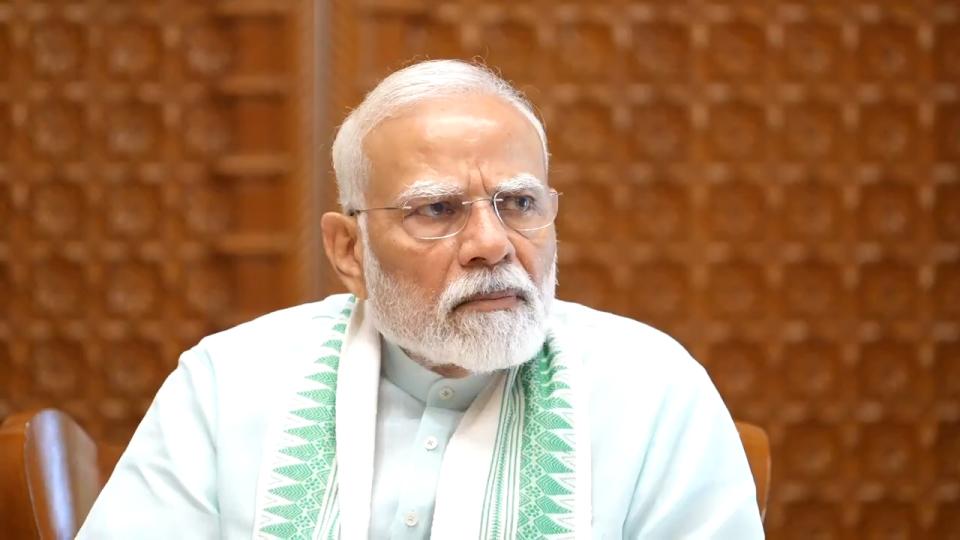
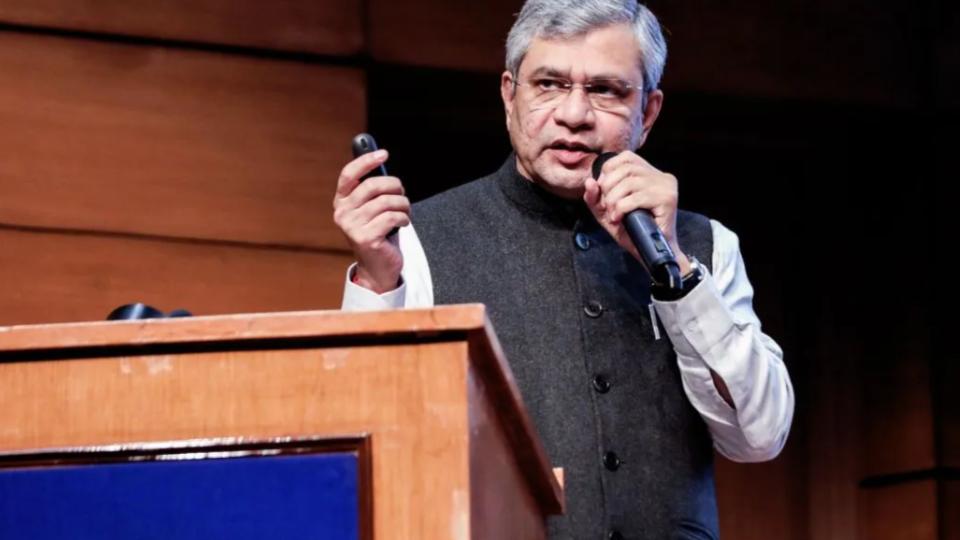
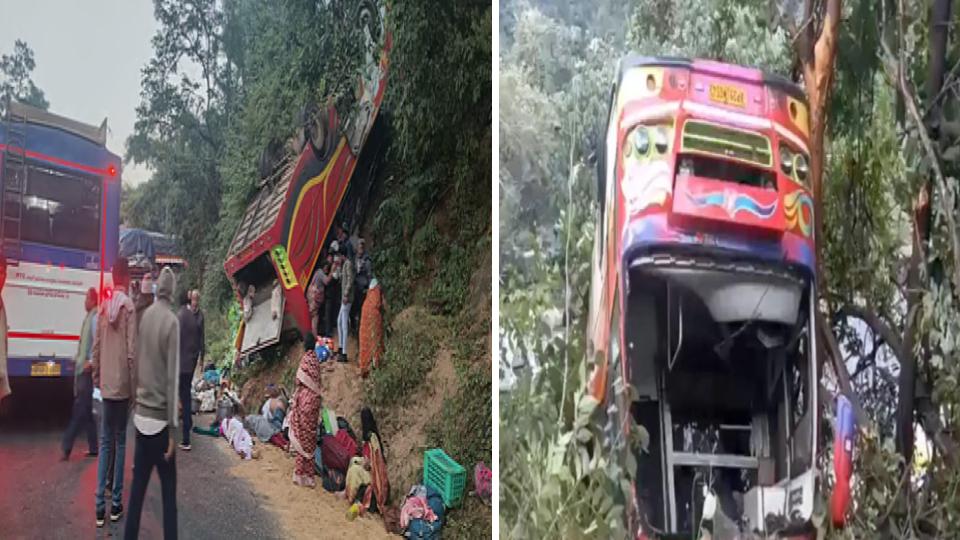
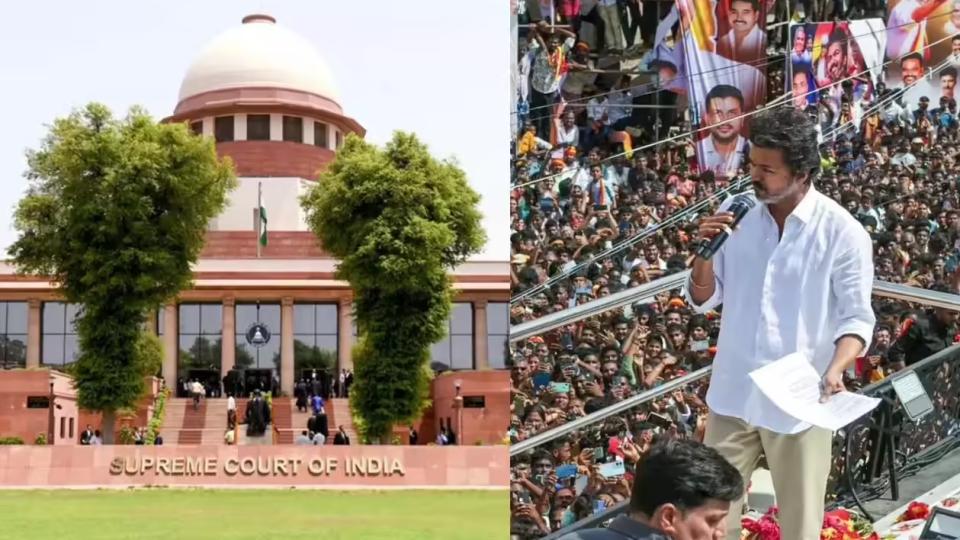
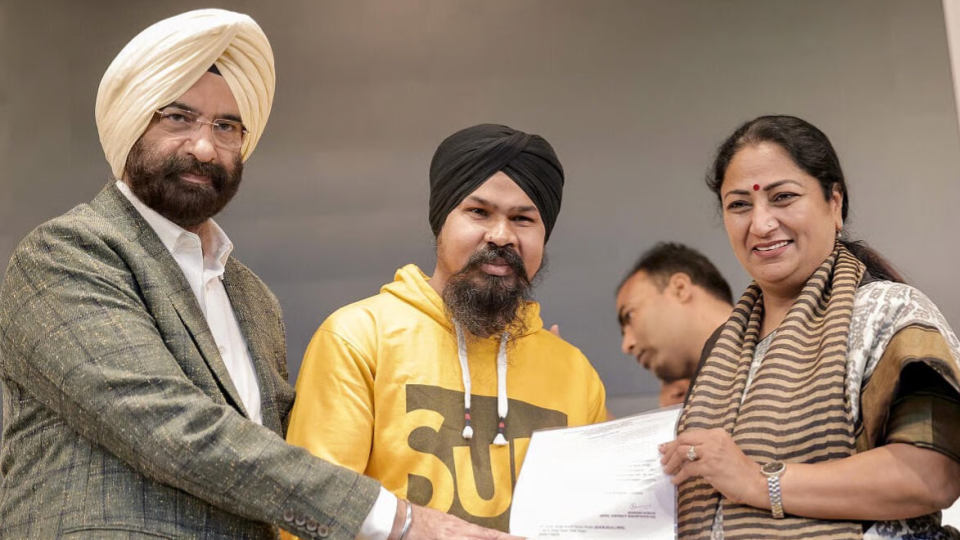
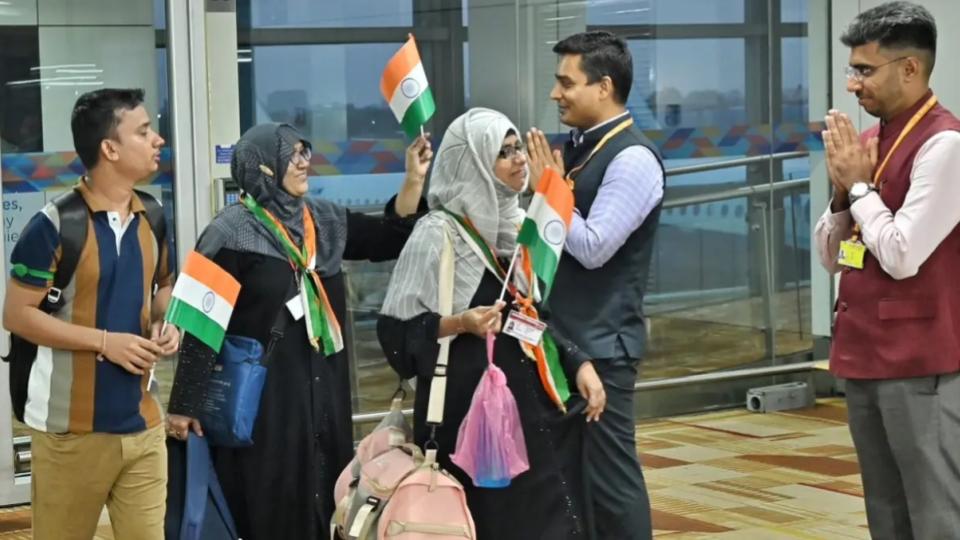

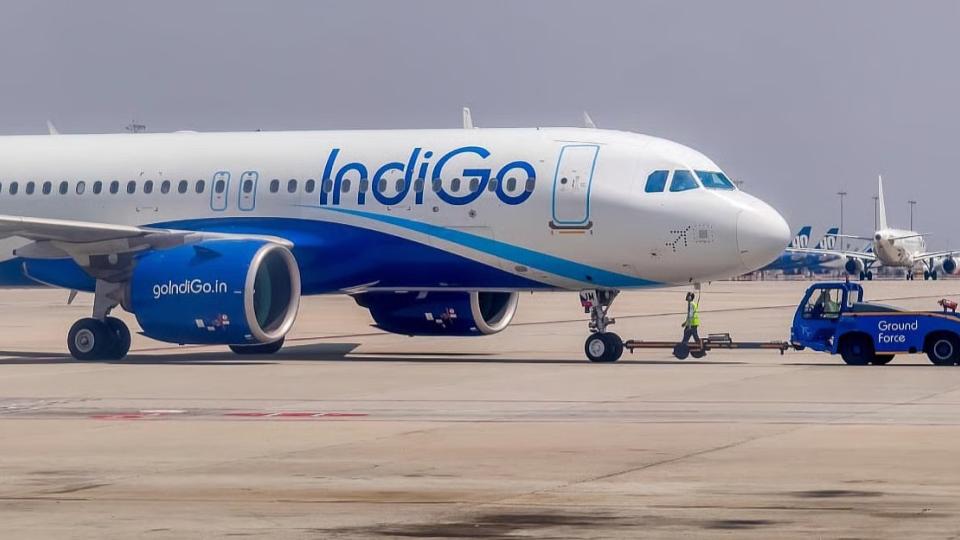
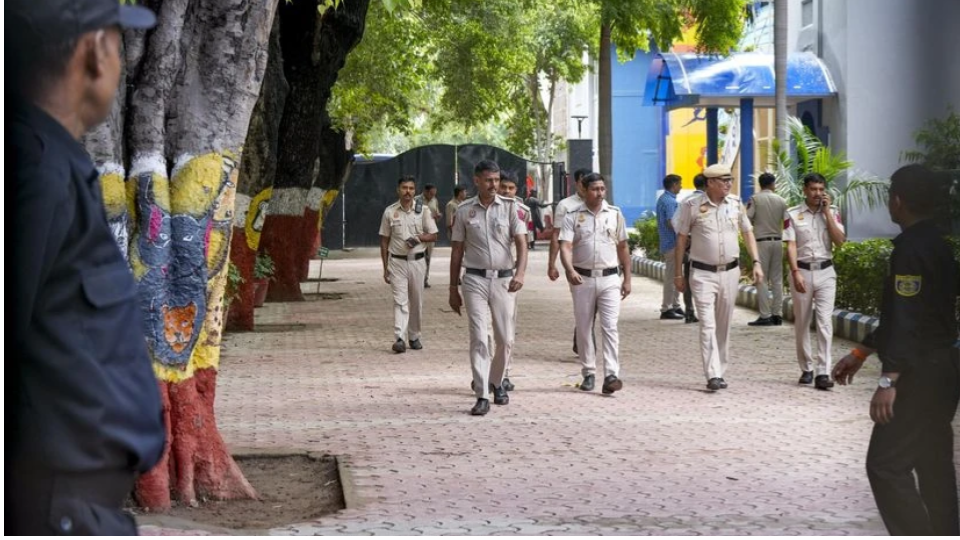
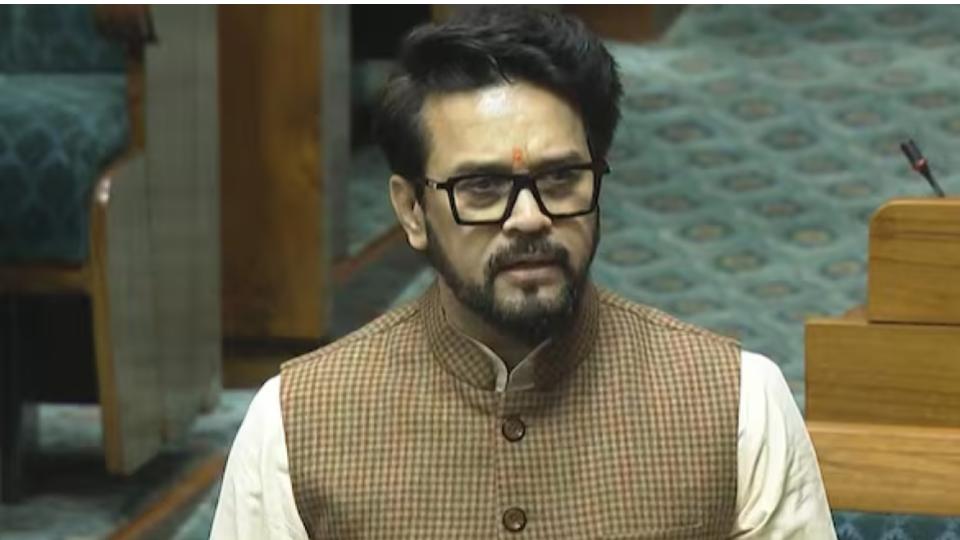
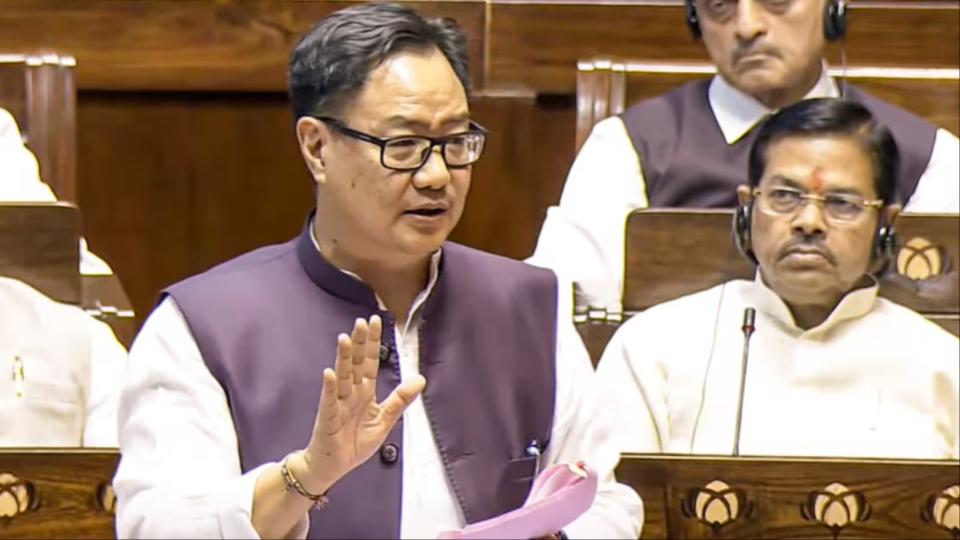
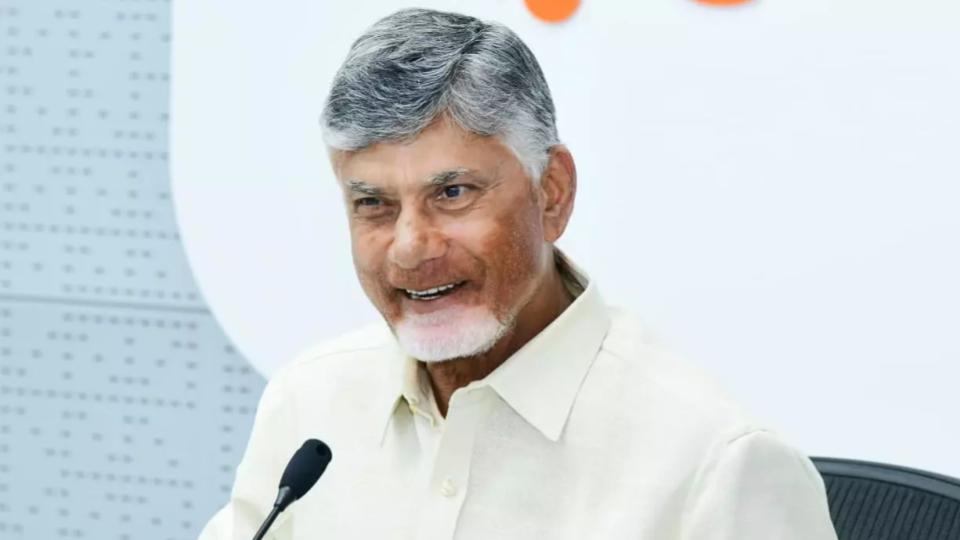
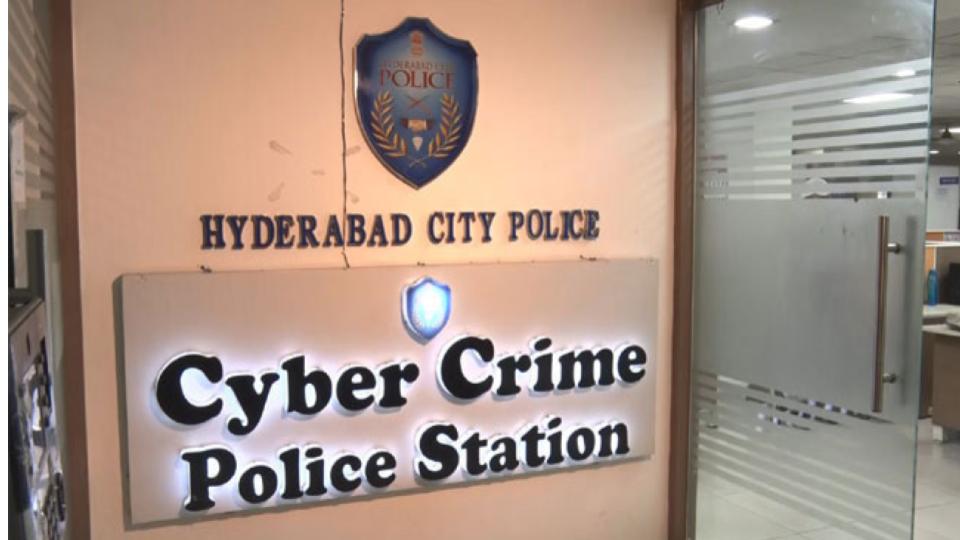


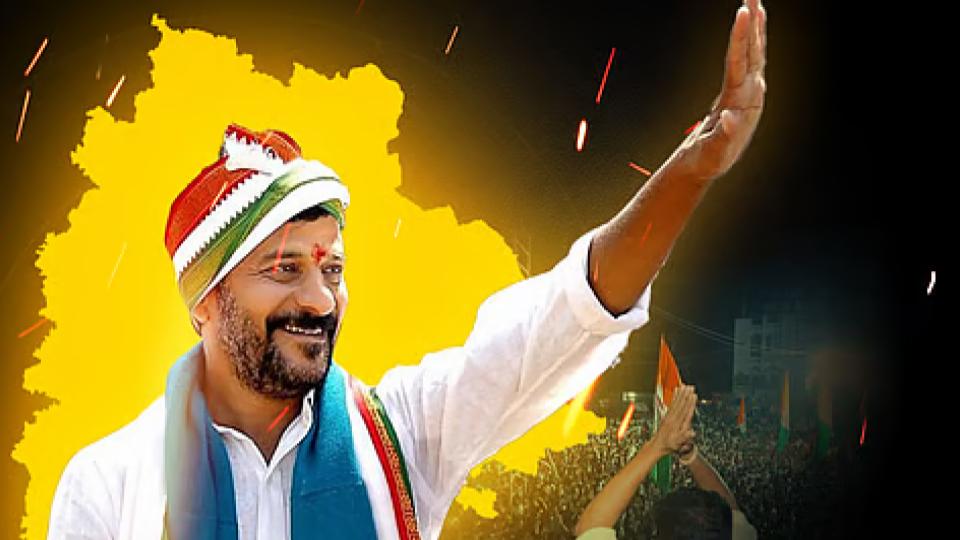
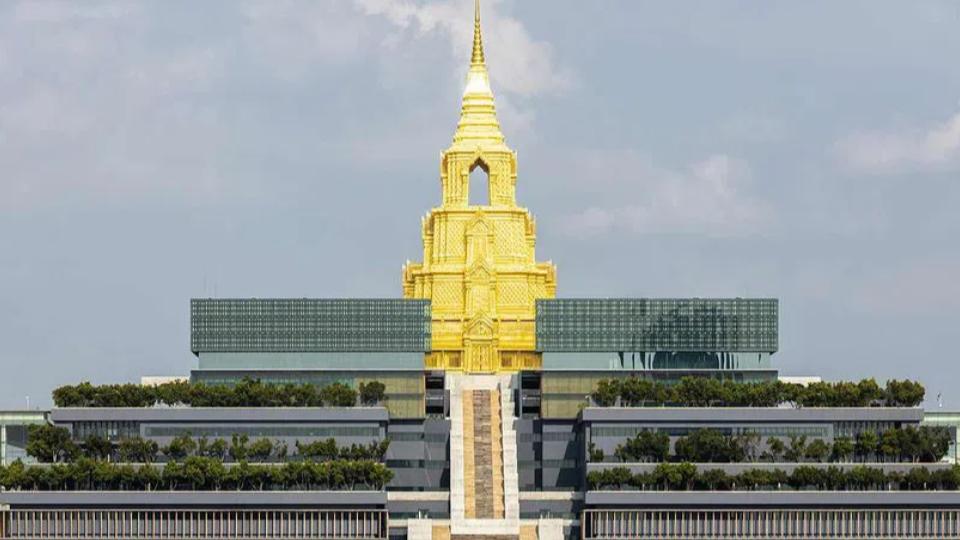


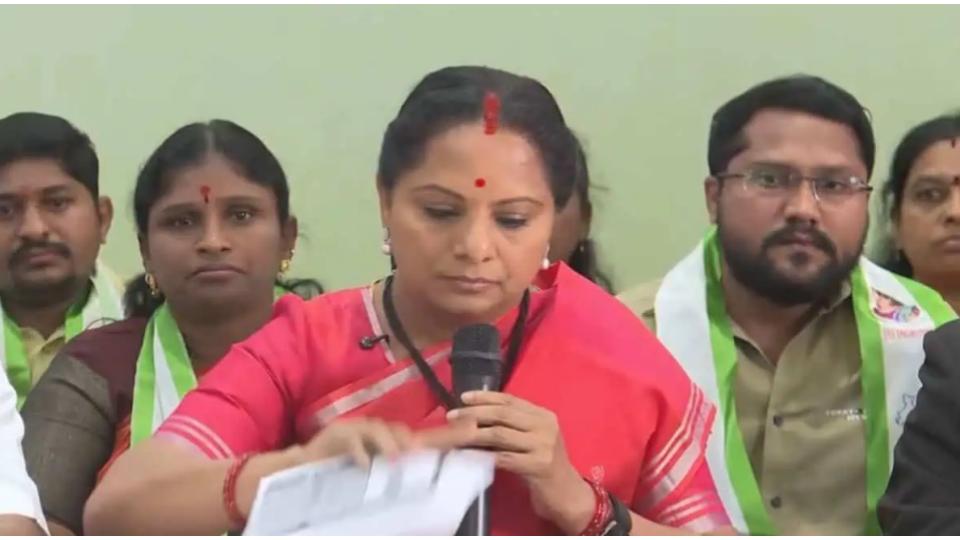
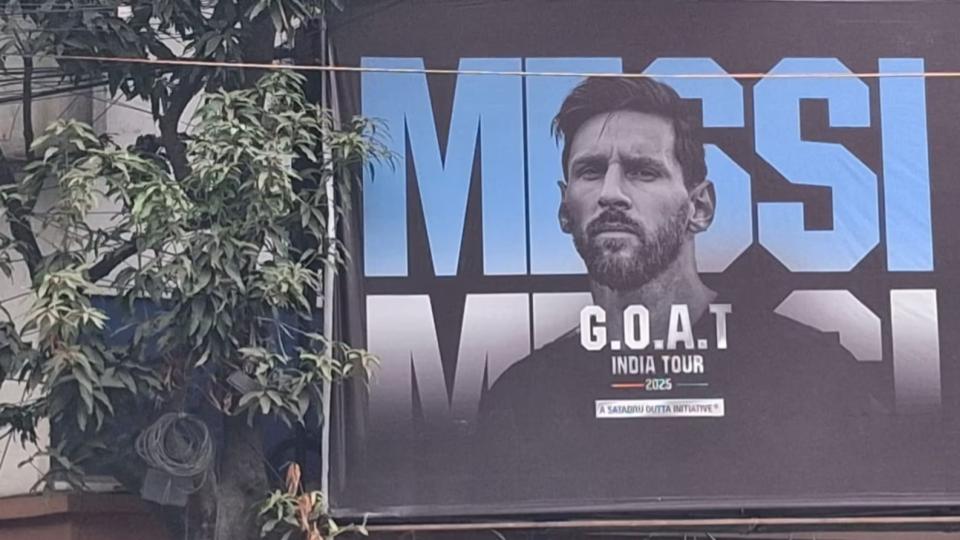
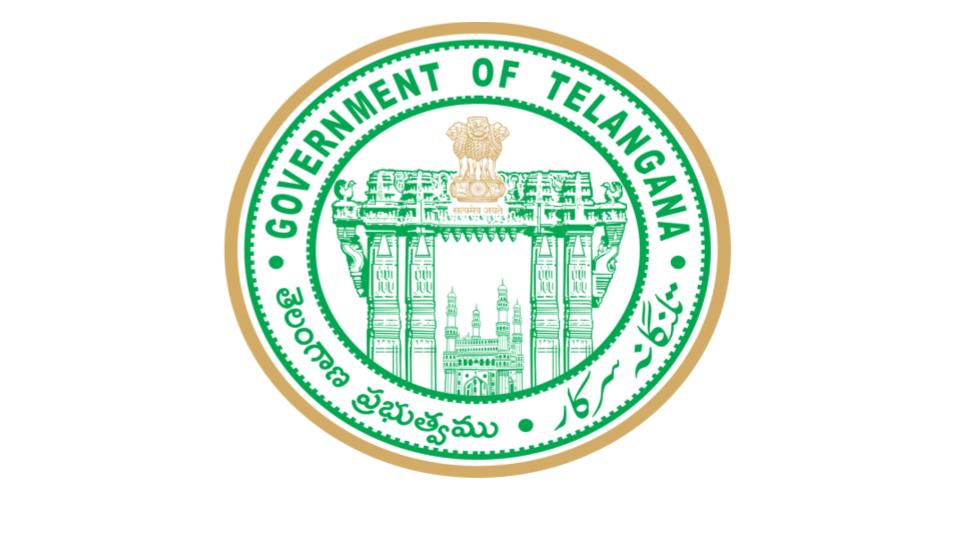
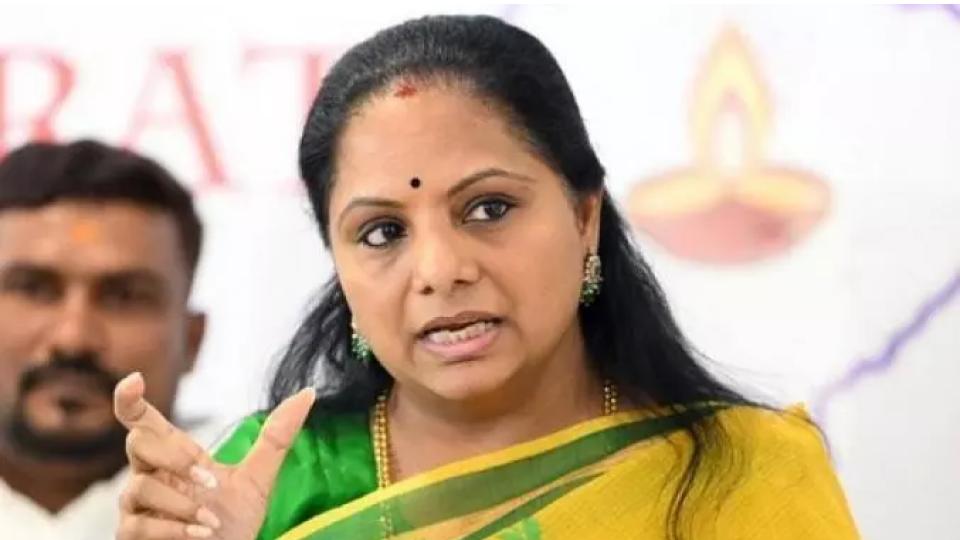
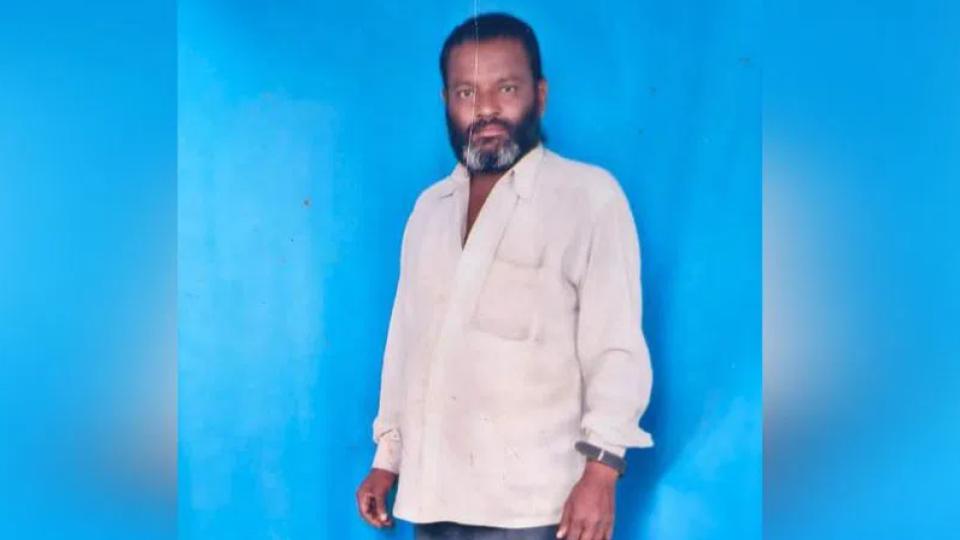











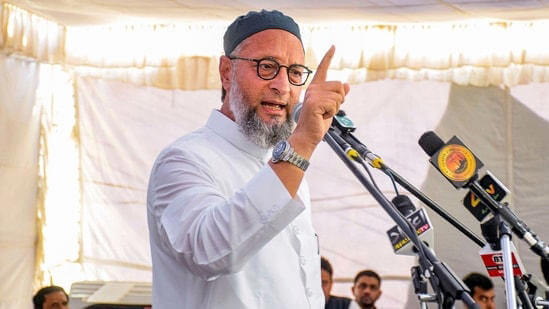
.jpg)
.jpg)
.jpg)


